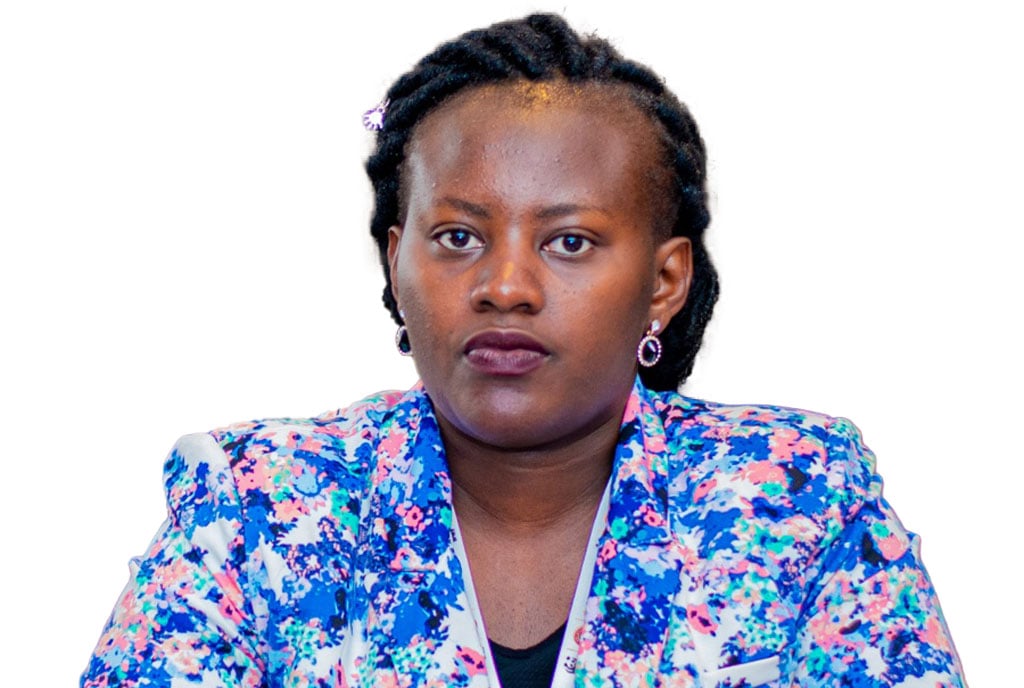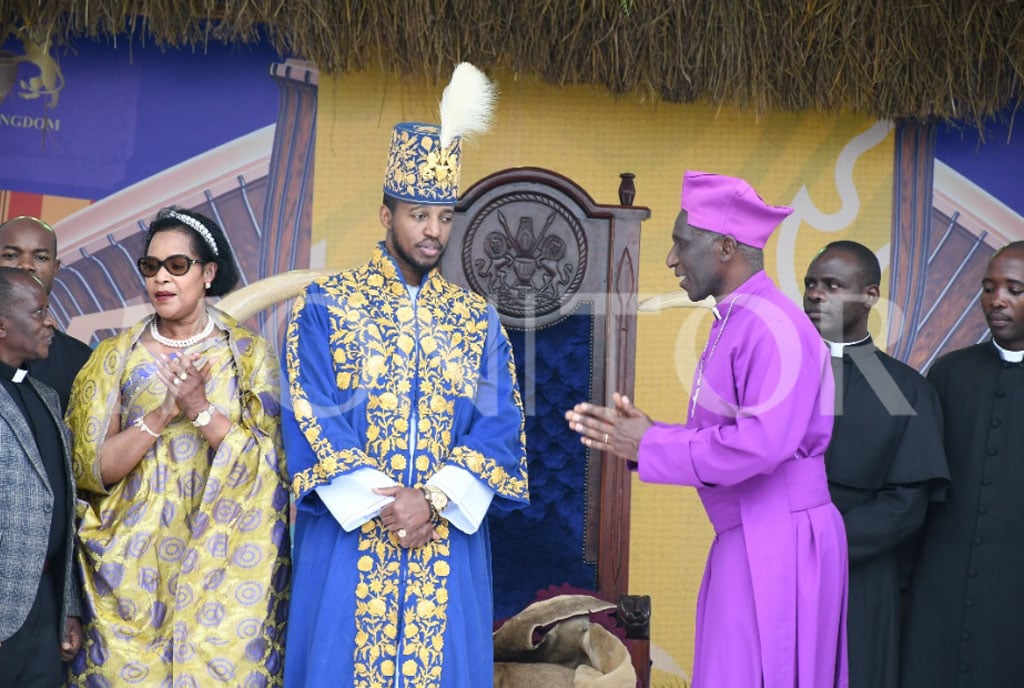Prime
Why River Rwizi matters

WRITER: Clare Asiimwe. PHOTO/COURTESY
What you need to know:
- By integrating water stewardship in businesses, we can combat the adverse effects of climate change.
Climate change is disrupting water resources worldwide. It is almost a fixture these days to experience unpredictable rainfall patterns, rising temperatures, and extreme weather events – all of which are destabilising freshwater ecosystems.
This is not just bad news for the environment. Far from it. Actually, this is a crisis that directly impacts human lives. This is because aquatic ecosystems represent a source of water and food, without which life would be non-existent.
Of course, properly looked after water bodies will provide perfect ground for not only commercial fishing but give room for recreation and tourism. This means that well sustained water bodies are not just hugely important for aquatic ecological functions, but for livelihood as well.
This brings me to the need to save River Rwizi, also referred to by the locals as the life-line river. This river which is one of the major contributors of freshwater to Lake Victoria supports over five million people in western Uganda.
It originates from Buhweju hills with various tributaries from various Nkore hills including Ntungamo and Sheema hills which join it before pouring its water in Lake Victoria through the drainage systems of Lake Mburo, Lake Kachera and Kijanebalola.
Just along the south western Uganda corridor, River Rwizi, provides water and related environmental services to approximately 2.5 million people, representing about 4.5 percent of the population of Uganda.
It is also the main water source for Mbarara City inhabitants as well as major factories, including the Nile Breweries Mbarara Brewery.
Unfortunately, the river has been heavily degraded, polluted and colonised by the invasive water hyacinth technically known as Eichornia crassipes, which now covers 80 percent of its surface.
Additionally, deforestation and unsustainable land management practices have increased soil erosion and sedimentation, which has led to the river’s degradation leading to severe water shortages during dry seasons and devastating flash floods during wet seasons.
Recognising the urgent need for intervention, concerted effort from all quarters is hugely imperative right now. Stakeholders such as the Nile Breweries Limited (NBL) and World Wildlife Fund (WWF) have since 2019 embarked on a comprehensive restoration project to address water security challenges in the Rwizi catchment area. However, how are individuals contributing towards saving the environment?
The initiative by the two players focuses on creating a catchment management plan aimed at improving water quality and quantity, while simultaneously enhancing the socio-economic resilience of the affected communities.
The project has already seen significant progress, with 270 hectares mapped and demarcated, and 18.3 hectares restored along a 27 km stretch of the river.
Some of these restoration efforts include the integration of soil and water conservation actions, the planting of native trees and continuous monitoring of water quality and quantity.
This holistic approach not only rehabilitates the riverbanks but also promotes sustainable land and wetland management practices. Such practices are crucial for enhancing the overall resilience of the river ecosystem, ensuring it can better absorb and recover from environmental stresses.
The project has created alternative livelihood opportunities for the local communities, reducing their dependency on the river’s immediate resources. Beekeeping, cattle and goat rearing, craft making, and a revolving fund are among the initiatives introduced to foster economic independence and sustainability.
To date, 1,076 households have been mobilised to adopt sustainable land management practices, and nine rain harvesting systems have been installed, providing clean drinking water to 95 households.
The restoration of River Rwizi underscores the importance of collaboration between corporations, environmental organisations, and local communities in driving meaningful and lasting change safeguarding vital resources, enhancing community resilience, and contributing to a more sustainable and equitable world.
By integrating water stewardship in businesses, we can combat the adverse effects of climate change, ensuring that both our environment and communities thrive for generations to come.
Clare Asiimwe, Sustainability expert and corporate affairs manager at Nile Breweries Limited (NBL).




